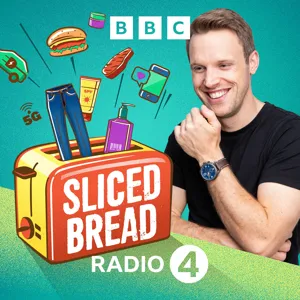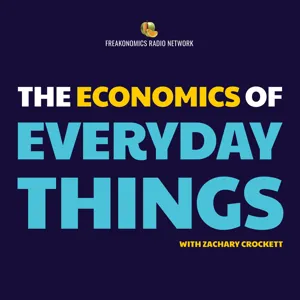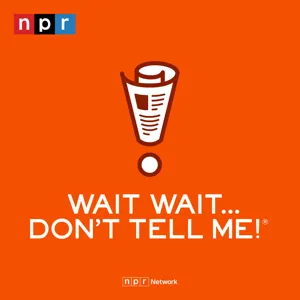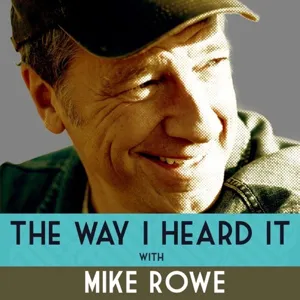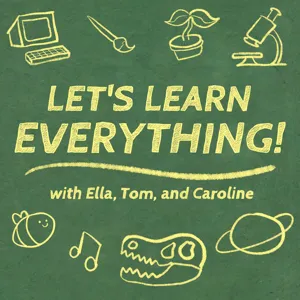About 50 years ago, beef cost more than $7 a pound in today’s dollars. Today, despite high inflation, beef is down to about $4.80 a pound, and chicken is just around $1.80 a pound. But those low prices hide the true costs of the meat we consume — costs that the meat and poultry industries have quietly offloaded onto not only the animals we consume but us humans, too.
Animal agriculture is responsible for at least 14.5 percent of total greenhouse gas emissions, with some estimates as high as 28 percent. It uses half the earth’s habitable land. Factory farms pose huge threats as potential sources of antibiotic resistance and future pandemics. And the current meat production system loads farmers with often insurmountable levels of debt. Our meat may look cheap at the grocery store, but we are all picking up the tab in ways we’re often starkly unaware of.
Leah Garcés is the chief executive and president of Mercy for Animals and the author of “Grilled: Turning Adversaries Into Allies to Change the Chicken Industry.” Few animal rights activists have her breadth of experience: For years, she’s been steeped in the experiences of farmers who raise animals, communities that live alongside industrial animal operations and, of course, the farmed animals that live shorter and more miserable lives. So I invited her on the show for a conversation about what meat really costs and how that perspective could help us build a healthier relationship to the animals we eat and the world we inhabit.
We discuss what it’s like to live next to a hog farm, factory farming’s role in growing antibiotic resistance, how the current system of contract farming saddles individual farmers with debt, the lengths the U.S. government — and taxpayers — goes to to subsidize industrial animal farming, the possibility that the next pandemic will emerge from a crowded factory farm, how high costs — like deforestation in the Amazon — are hidden from consumers at the grocery store, the challenge of helping children make sense of routinized cruelty, whether regenerative agriculture can help undo the damage done by industrial animal farming, the historic animal welfare case currently in front of the Supreme Court and more.
Mentioned:
Mercy for Animals
“Sen. Cory Booker has a plan to stop taxpayer bailouts of Big Meat” by Marina Bolotnikova and Kenny Torrella
Book Recommendations:
Wastelands by Corban Addison
Meatonomics by David Robinson Simon
Animal Machines by Ruth Harrison
Thoughts? Email us at ezrakleinshow@nytimes.com. (And if you’re reaching out to recommend a guest, please write “Guest Suggestion” in the subject line.)
You can find transcripts (posted midday) and more episodes of “The Ezra Klein Show” at nytimes.com/ezra-klein-podcast, and you can find Ezra on Twitter @ezraklein. Book recommendations from all our guests are listed at https://www.nytimes.com/article/ezra-klein-show-book-recs.
“The Ezra Klein Show” is produced by Emefa Agawu, Annie Galvin, Jeff Geld and Rogé Karma. Fact-checking by Michelle Harris, Mary Marge Locker and Kate Sinclair. Original music by Isaac Jones. Mixing by Isaac Jones. Mixing by Jeff Geld, Sonia Herrero, and Isaac Jones. Audience strategy by Shannon Busta. Special thanks to Kristin Lin, Kristina Samulewski, Leah Douglas and Evi Steyer.


